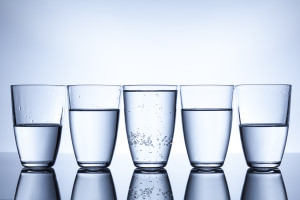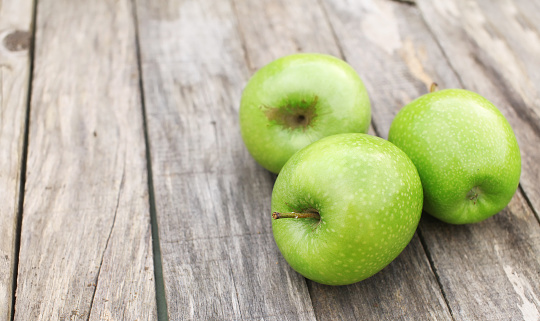Quiz: What’s Your Water IQ?
Article posted in: Quizzes
QUIZ: TEST YOUR WATER IQ
For some people on a weight loss program, water poses quite a challenge. When told they should drink at least 64 ounces a day—eight eight-ounce glasses—they think it’s impossible, if not an outright burden. But there are plenty of good reasons to drink up. It keeps you full. It keeps you hydrated. It helps your skin. And it’s just really, really good for your health. Still not convinced? We’d like to give you a little perspective by showering you with some questions. Immerse yourself to see how you do—and whether your assumptions about this most precious resource are all wet.
1. How much of the Earth’s water is fresh?
a. 3%
b. 14%
c. 30%
2. How much of the world’s fresh water is trapped in glaciers?
a. 18%
b. 55%
c. 69%
3. On average, how many gallons of water does an American household use each year?
a. 50,000
b. 100,000
c. 200,000
4. What do Americans use most of their water for each day?
a. Showering
b. Drinking
c. Flushing the toilet
d. Other
5. Women and children around the world spend a total of how much time each day collecting water?
a. 1,000 hours
b. 50,000 hours
c. 140 million hours
6. Water-related diseases such as diarrhea kill how many people each day?
a. 110
b. 2,300
c. 3,500
7. Globally, how many people don’t have access to safe water?
a. 1.5 million
b. 50 million
c. 250 million
d. 750 million
ANSWERS
- a— Surface water, such as in rivers and streams, accounts for only 0.3% of that total.
- c—And another 30% is in the ground.
- b—That pales in comparison to Niagara Falls, over which water flows at 750,000 gallons/second.
- c—Is your toilet running? That can waste up to 200 gallons a day.
- c—Or almost 6 million hours each hour.
- b—That’s more than 840,000 people per year—more than the population of cities such as Boston, Detroit and Denver.
- d—More than twice the population of the United States; 1 out of 9 people on Earth.
Sources:
1-4: https://www.epa.gov/environmental-topics/water-topics
5-7: https://water.org/






